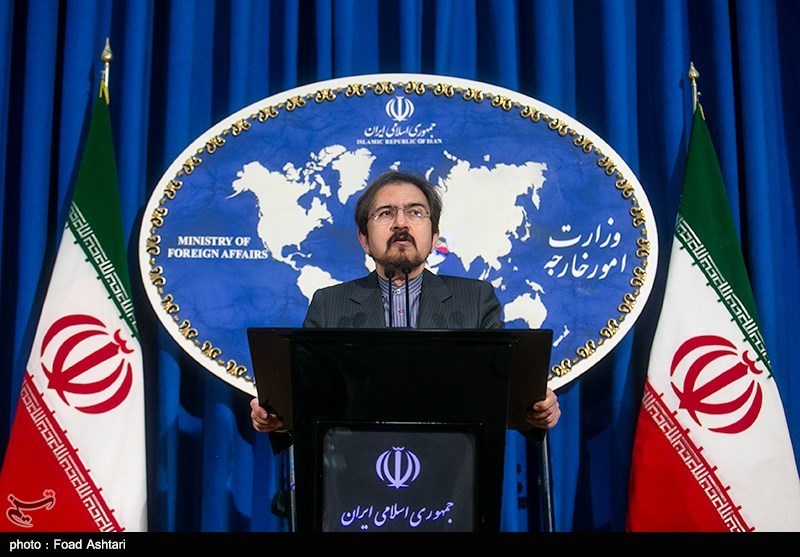Iran Condemns Deadly Terrorist Attack in Afghanistan


In a statement on Friday, Qassemi offered his deep condolences to the Afghan people and government as well as the bereaved families of the victims of the deadly incident.
He further stressed the necessity for holding a national dialogue in Afghanistan and putting an end to violence and expressed hope that the Kabul government and the opposition would seriously focus on the establishment of peace and security ahead of the parliamentary polls that would begin across the country – except for Kandahar – on Saturday.
Qassemi went on to say that Iran strongly supports any initiative that guarantees the interests and benefits of the people of Afghanistan.
On Thursday, at least three senior provincial officials in Kandahar were killed by one of their own guards during a meeting to discuss security ahead of the vote.
The Taliban claimed the attack, saying their target was US Gen. Scott Miller, the commander of US and NATO troops in Afghanistan, who was unharmed.







